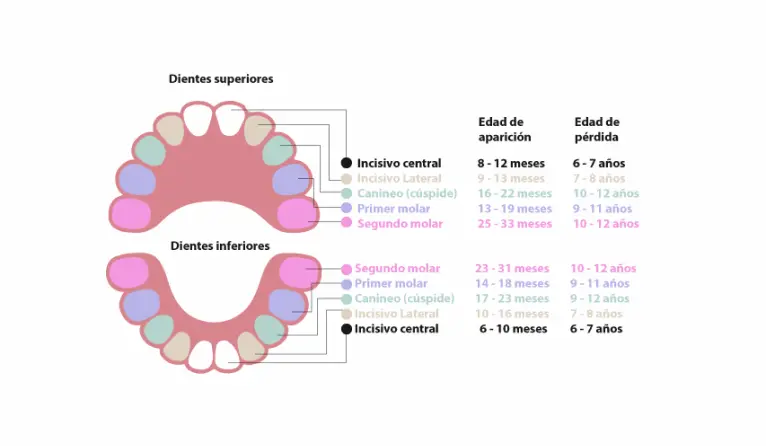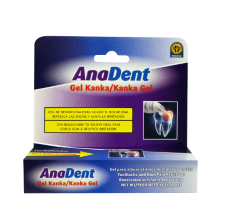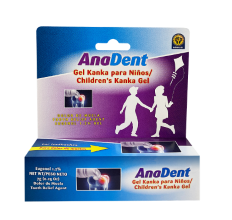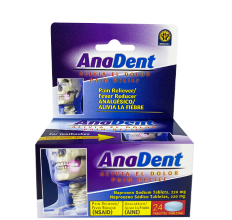What is teething and how can you help your child?
What is teething and how can you help your child?
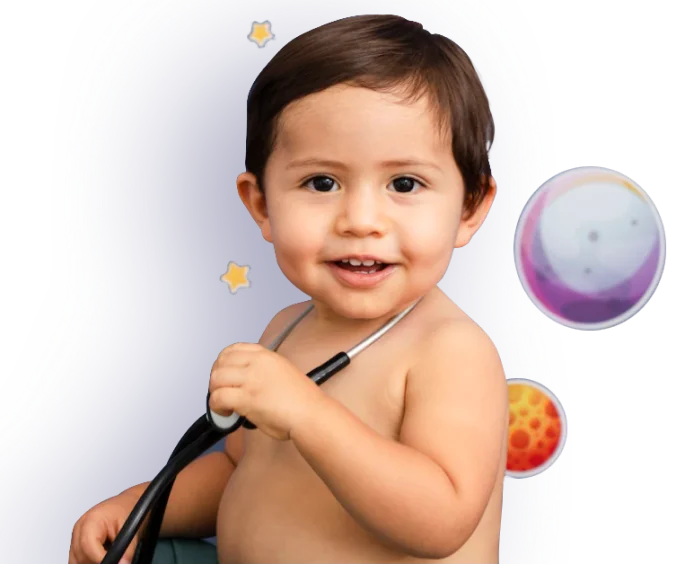

Signs and symptoms of teething:
The first sign that your child is teething is usually when you see a white or slightly discolored bump on their gums. This is called an eruption cyst, and it occurs when the gum tissue around the new tooth begins to swell. Other common symptoms of teething include:
- Restlessness or irritability
- Crying more than usual
- Difficulty sleeping
- Loss of appetite
- Drooling more than normal
- Rubbing or biting gums
- Rubbing or pulling ears
- Rubbing cheeks
These symptoms can start as early as three months before the tooth erupts, and can last until the tooth has fully emerged. Unfortunately, there is no surefire way to know if your child's restlessness is due to teething or something else, so it's important to be patient and observant. Fortunately, there are some things you can do to help your little one feel better.

There are several ways to treat your child's teething pain:
- Give them something cold to chew on. A frozen cloth, a cold teething ring, or even a frozen spoonful of breast milk can help soothe sore gums. Just make sure whatever you give them is small enough that they won't choke on it.
- Apply a topical anesthetic, Children’s AnaDent Kanka gel to their gums. You can find it at most pharmacies, but be sure to carefully follow the dosage instructions. Never give them aspirin unless directed by a doctor.
- Give them more love and affection. Sometimes all your baby needs is a little extra attention and affection from you. Try taking them for a walk in the stroller, reading their favorite book, or simply holding them until they feel better.
Teething can be tough on both babies and parents, but fortunately there are some things you can do to help your little one get through it. If your child is starting to teethe, watch for signs like gum inflammation, drooling, and irritability, and try giving them something cold to chew on, using over-the-counter medications sparingly, or simply giving them a little more love and attention. With a little patience (and perhaps a lot of trial and error), you'll get through this phase in no time.
